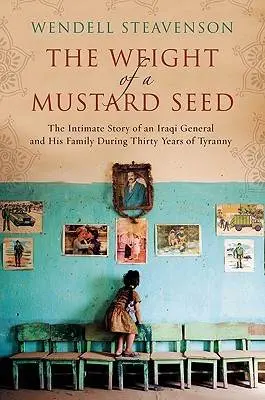The dispute over recording the Chief of Army Staff’s date of birth has come to a head.
This has become a matter of Indian national izzat (honour) vs that of the General’s. If one were to go by the credo of the general’s alma mater, the Indian Military Academy, then his safety and honour comes last! That of the country and those whom he commands precede it.
(“The safety, honour and welfare of your country come first, always and every time. The honour, welfare and comfort of the men you command come next. Your own ease, comfort and safety come last, always and every time.” This is known as the “Chetwode Motto” and is the motto of the officers passing out from the Indian Military Academy.)
Sir Phillip Chetwode of the 1930’s meant to instil a great sense of loyalty in budding officers of a great colonial army. The officer cadre was just then being Indianised and the British had learnt from the Mulatto and the 1857 mutinies to be careful whom they recruit and train to be in the cadre.
The Army, to a great extent, continues with these traditions to this day, despite a fast decaying ethical environment that plagues the political and perhaps the bureaucracy. A bit of a mismatch and the fact that the General has moved the Supreme Court clearly shows an apathy that the government has towards the military. Most Generals would have let go of the situation and retired gracefully and fallen into oblivion a few days out of the South Block. It has been labelled as a personal matter and in reality it isn’t, as it affects the lives of those who are in the line of succession. The succession criterion in itself is flawed and revolves around two dates: that of commission to determine seniority and of birth to determine retirement. This assumes that only the meritorious reach the top, quite ignoring other characteristics. The assessment system in the army is unidirectional and has no inputs from any other angle. You compete with all those who have the same date of commission. The system is good to an extent and is tweaked from year on year to make the reporting methodology in line with best practices.
Incidents such as the Sukna land case and the Adharsh apartment case in Mumbai seem to indicate a lack of integrity in those who reach senior ranks. It is clearly a case of our selection criteria and system being flawed. While a very high standard of integrity is expected from the armed forces, there is apathy towards it when it comes to national policy and consultation. The armed forces have to be subservient to the government in a democracy, which also demands a corresponding collegial collaborative working atmosphere that is woefully lacking. It therefore is a question of our national culture and ethics. Fortunately we have a strong base from which to work from and this is evidenced more in the armed forces.
Back to the General’s birth date: he has exercised his right as a citizen and this should be welcomed. He is seeking to set right his own records. It was not unusual in the 50’s and 60’s where dates of birth were altered to suit admission criteria, but then one stuck to it. To change it later is rather unusual. It will be interesting to see the outcome of this case and how it affects the relations between the Generals and the state.
Old soldiers never die … they fade away … but times have changed!






